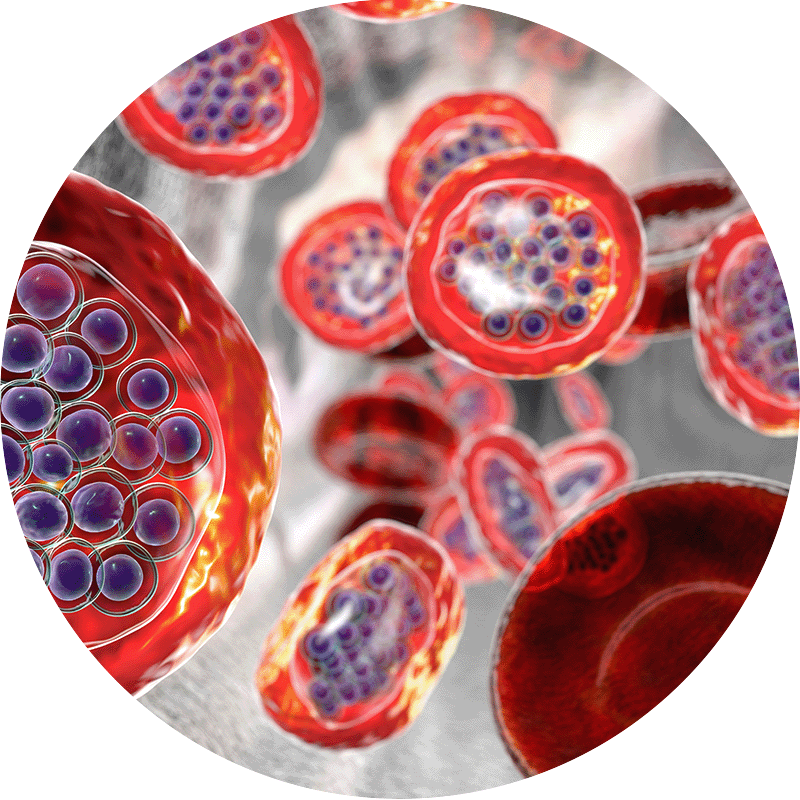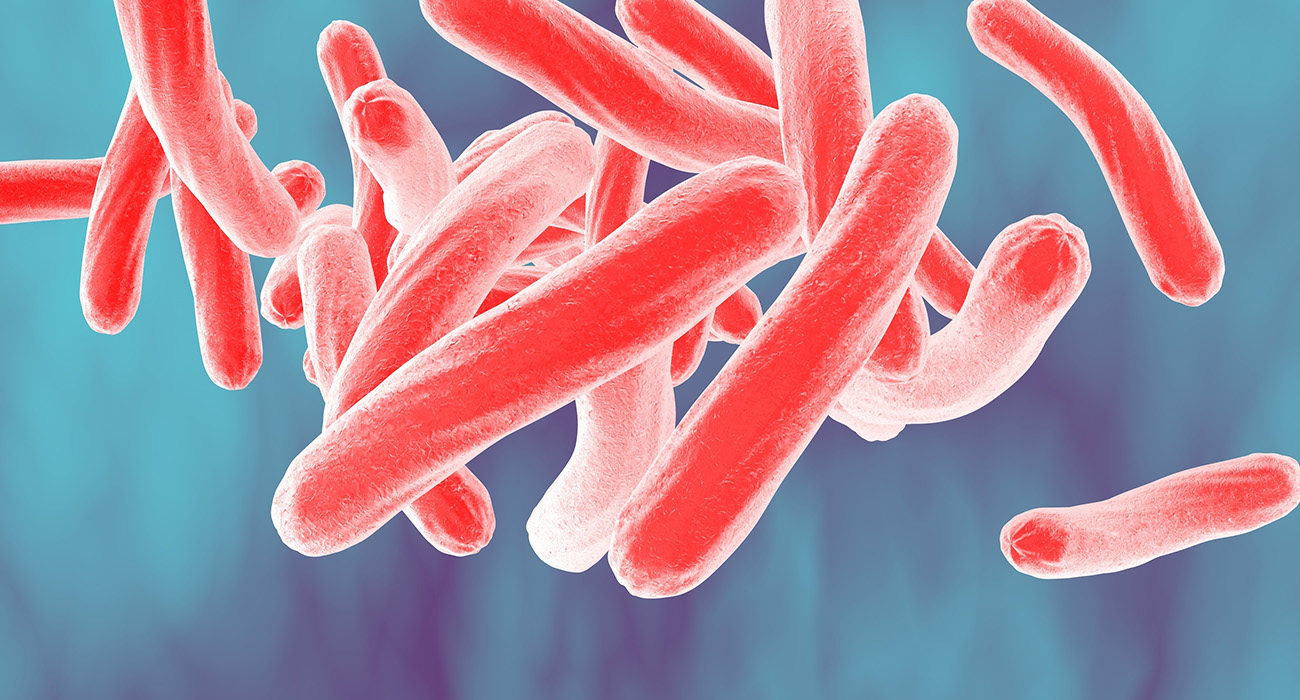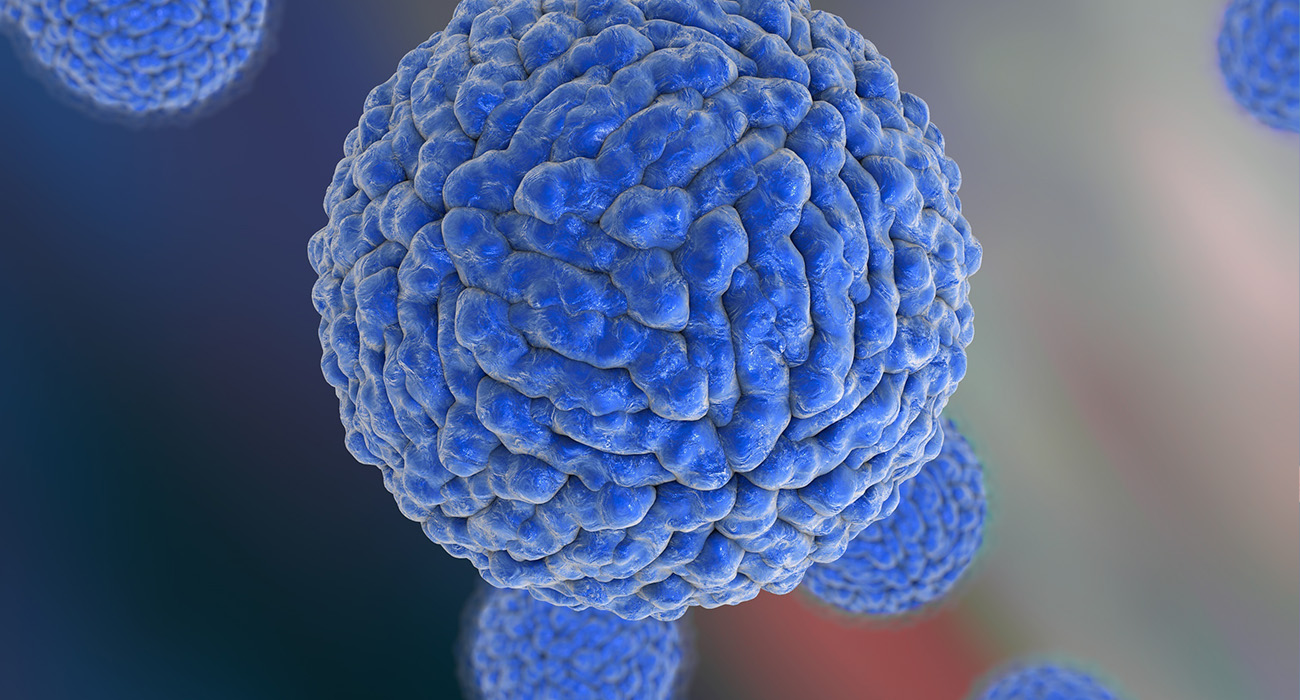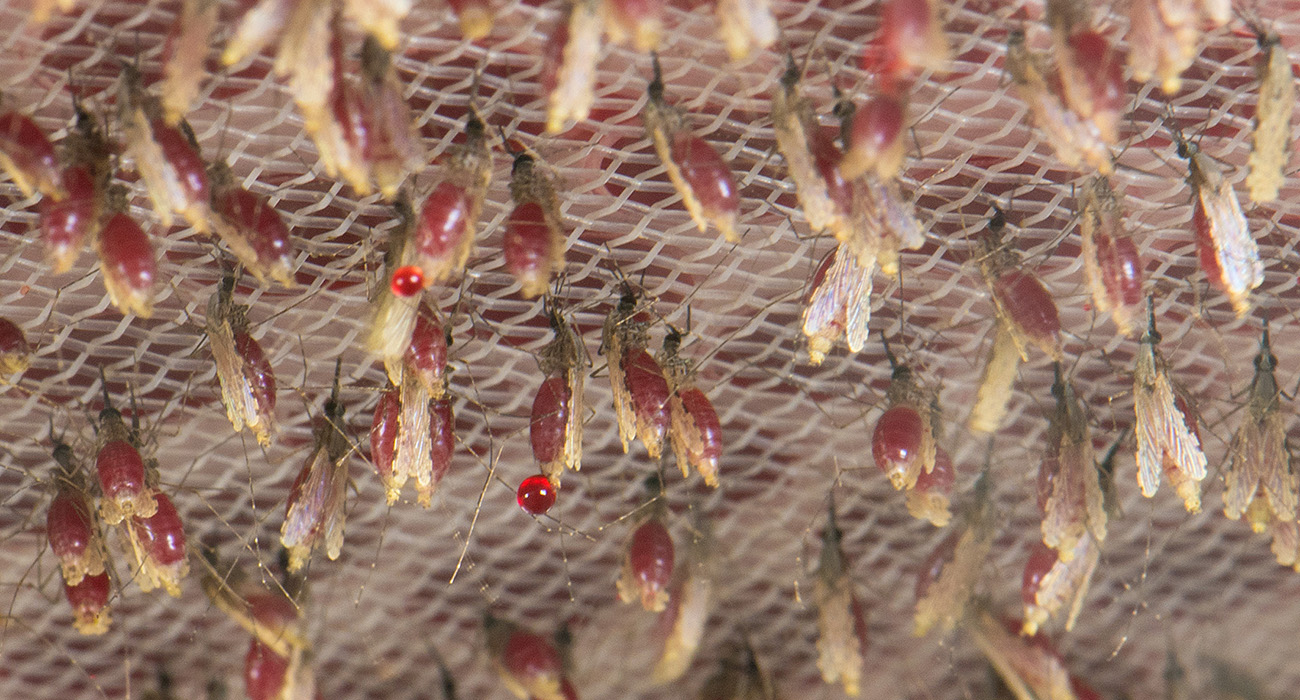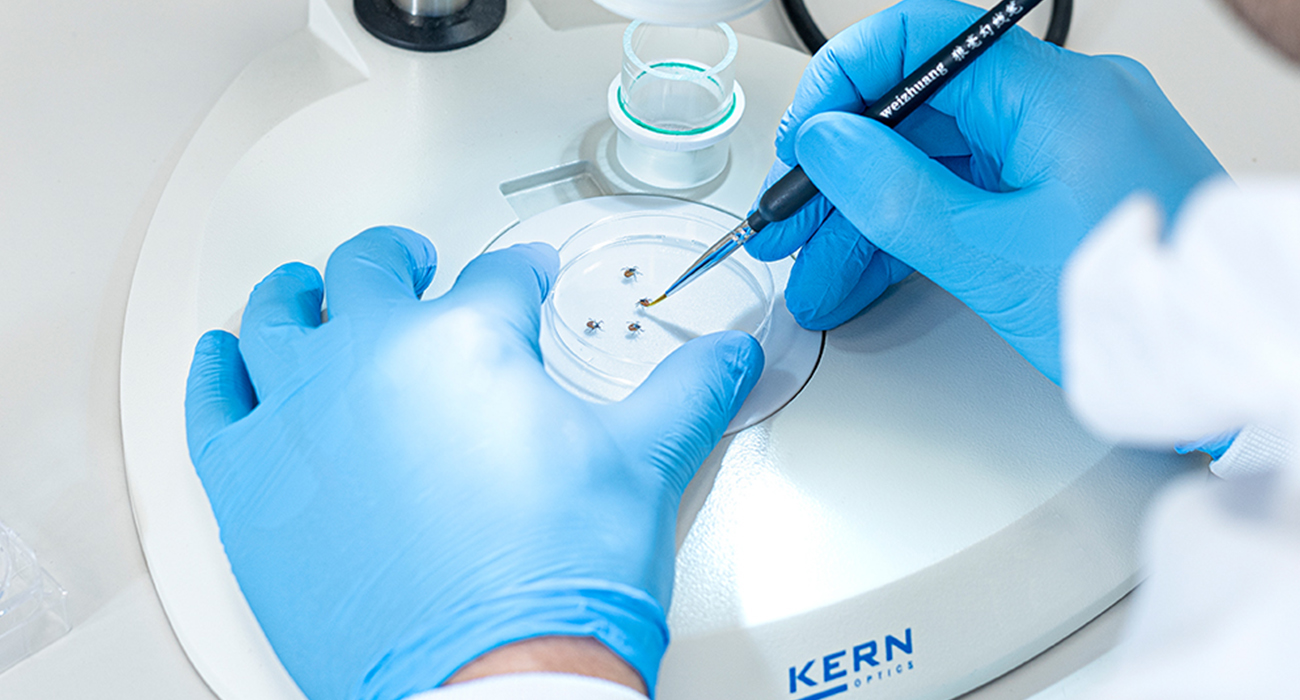Pathogens and Vectors
Vector borne diseases
Vector-borne diseases are infectious diseases transmitted by arthropods such as mosquitoes, ticks and fleas. 17% of all infectious diseases are vector born and caused by parasites, bacteria or viruses. Malaria, for example, is a parasitic infection transmitted by mosquitoes. This disease alone leads to over 200 million clinical cases globally and causes over 400,000 deaths per year, mainly in children under the age of five in sub-Saharan Africa.
The causative agents of vector born diseases often possess a highly complex life cycle involving various hosts and different, highly adapted life cycle stages. TropIQ has perfected reproducing some of the most difficult live cycle stages in a laboratory setting, to be utilized for substance testing and screening in our discovery pipeline.
Pathogens
Our facility is set up to work with a range of pathogenic organisms. Our main focus lies with the human malaria parasite Plasmodium falciparum.
We have developed the techniques and know-how to replicate all life cycle stages of the human malaria parasite Plasmodium falciparum in our laboratories. This enables us to screen substances against asexual and sexual blood stages, mosquito stages and sporozoites, the parasite forms that develop in human liver cells.
Contact
Besides this human malaria parasite (Plasmodium falciparum) we also work with other pathogens of global health significance: Mycobacterium tuberculosis and Dengue fever virus.
Mycobacterium tuberculosis:
This bacteria causes tuberculosis, primarily an infection of the lungs but also other body parts. Increasing occurrence of multi-resistant M. tuberculosis strains calls for novel treatment methods. Our laboratory tests new tuberculosis drug candidates in order to speed up drug discovery and development for this worldwide re-emerging disease.
Dengue fever virus:
This Flavivirus is spread by Aedes mosquitoes in tropical and sub-tropical areas of the world. The flue like disease can be life-threatening and there is no specific treatment available. Our contribution to the fight against dengue fever is screening for transmission blocking substances. We believe blocking transmission will be an essential step towards eradicating this disease.
VECTORS
In our laboratories we use artificial membrane feeding to test arthropods reaction to a variety of different substances. We are equipped to house and work with a variety of different arthropods while we are focussing our efforts on the malaria mosquito Anopheles stephensi and the tick species Ixodes ricinus and Ixodes scapularis.
Anopheles stephensi
The malaria parasites are transmitted by Anopheles mosquitoes during the blood meal of an infected female. In some malaria endemic regions of the world one person will experience about 150 – 200 infectious bites per year, with one bite being sufficient to get infected. Therefore we are testing substances on live mosquitoes, that have the capacity to either kill mosquitoes or modulate their behaviour to prevent human biting.
Ixodes ricinus and Ixodes scapularis
Ixodes tick species are distributed in large parts of the northern hemisphere and transmit a variety of diseases such as Lyme borreliosis, tick-borne encephalitis, babesiosis and more. Repelling ticks or killing them before pathogens are transmitted prevents humans and animals from becoming infected. We are therefore testing substances for their potential to deter or kill ticks quickly in order to find novel ways to interrupt transmission of pathogens and prevent disease.
